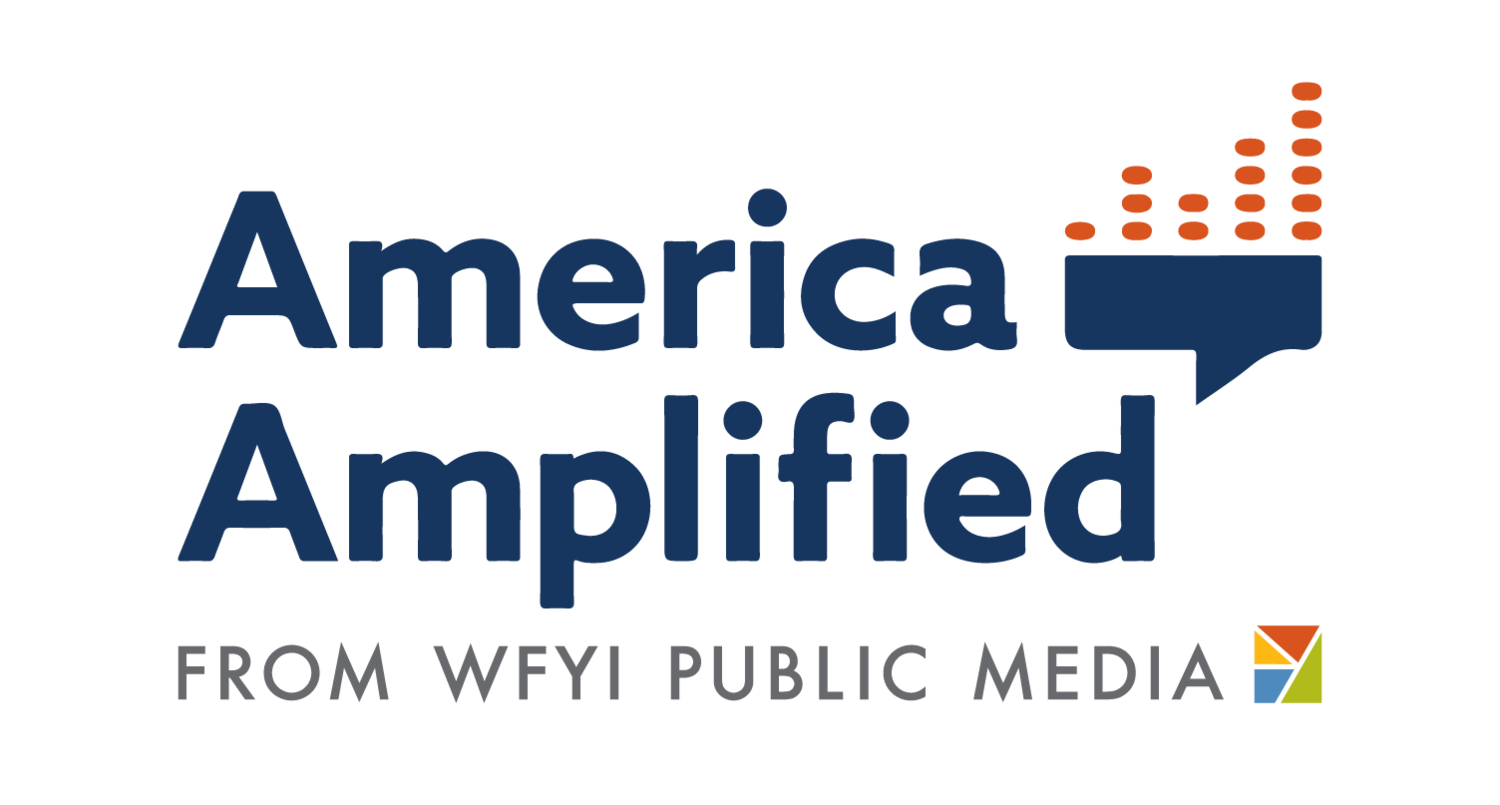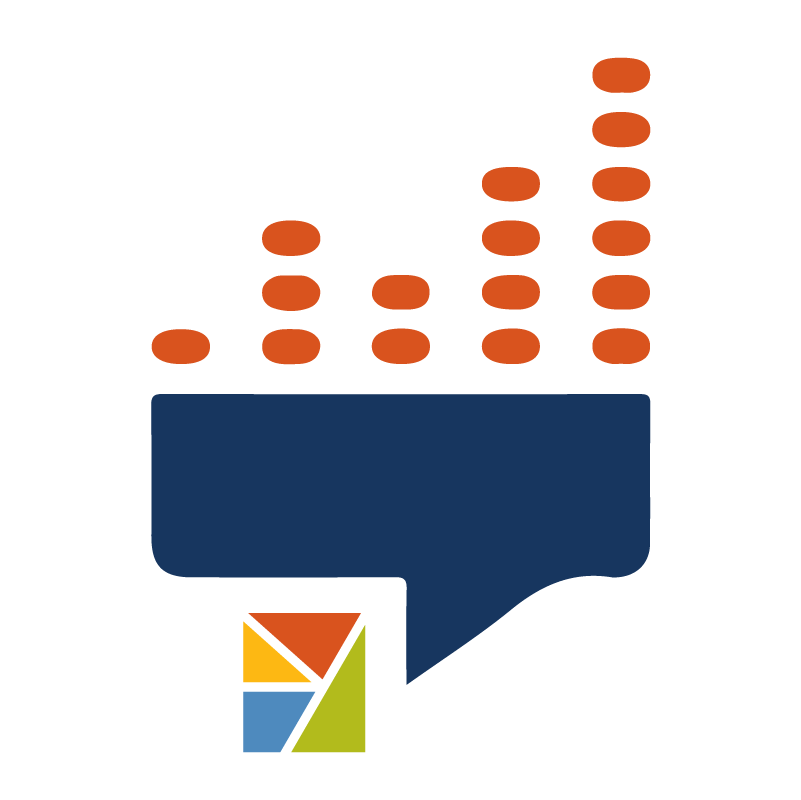A conversation about how public radio stations are listening to communities amid a pandemic
On March 18, 2020, Andrew Haeg, founder of the texting service GroundSource, interviewed America Amplified’s digital editor Kathy Lu about how community engagement has continued during the coronavirus outbreak. The chat was hosted on Galley by CJR.
This is a repost of the conversation, which can also be found here.
Full disclosure: A few of the radio stations in the America Amplified network use GroundSource.
Andrew Haeg
Kathy Lu of America Amplified talks about how public media is collaborating to engage audiences around COVID-19.
COVID-19 is stretching already resource-strapped local newsrooms beyond their limits. More and more are collaborating to expand their capacity by sharing content and resources.
Within public media, an already-established network of collaboratives — with new funding from the Corporation for Public Broadcasting to focus on the the elections — is combining their powers to focus on the spread of the virus as it ripples through communities.
Today I’m talking to Kathy Lu, Digital Editor for America Amplified: Election 2020, which elevates the diverse voices of America. It's based at KCUR, Kansas City's NPR station, and is an initiative of the CPB, which is the steward of the federal government's investment in public media. Kathy was also the Engagement and Partnerships Editor and the Enterprise editor at the Kansas City Star and, before that, held several reporting and editing roles at the Roanoke Times.
Kathy, welcome! Can you first provide some background on America Amplified, and what compelled you to join the effort?
Kathy Lu
Hi Andrew! Thanks to you and CJR for inviting me to this dialogue!
Like you said, America Amplified is a CPB initiative, created to promote and support community engagement journalism in public media around this year's elections. The grant lasts through 2020 and we're working with eight partner networks across the country.
The idea is that by doing a better job of reaching out to audiences we don't normally reach, we will have a better understanding of what's on the minds of America's residents.
I was intrigued by the job because while I've been doing a lot with digital in my career, this is the first time I get to be officially responsible for it. Plus, I have the chance to be part of a project with a national scale.
Working for the newspaper industry, which has been pivoting hard to a digital-first mindset, I learned a lot about engaging with audiences and I found it fascinating.
This job gives me the chance to continue that learning and to experiment, too.
Andrew: I know the America Amplified initiative has a special focus on listening to stations, and in turn, helping stations listen to their communities. What are you hearing from stations now in terms of what they need to keep their communities informed?
Kathy: That's a great question. Here's what I've seen.
Some stations have designated reporters whose job is to manage these interactions and do the journalism from it.
Don't feel the need to cover everything in one story. Do what you can in one story and cover the rest in others. Side Effects, for instance, split up its FAQ posts.
Do smaller targeted stories. One question that came into our Mountain West News Bureau was about craft breweries, so a reporter did a story on just that topic.
If you've started an engagement, keep it going by sharing the stories you've done. This way, even if a question isn't answered, the person will feel part of the conversation just by hearing from you.
KCUR also turned its talk show to a special all-coronavirus talk show, so listeners know to expect something about the topic every day.
Andrew: These are great, specific examples! I wonder if the whole conceit of producing a *story* is too limiting for what the public needs right now. I feel like (and you hinted at this) even bullet-pointed lists and FAQ-like posts would be a great service right now. Are you seeing any stations experiment with other forms of news that aren't "stories" as such?
Oh for sure! And I totally agree that easily digestable stories are really useful right now. I should have offered links (hope they work ok).
Here's one from Side Effects: https://www.sideeffectspublicmedia.org/post/...
Here's one that KCUR just posted that is probably top of mind for lots of people -- what to do if I feel sick:
https://www.kcur.org/post/what-do-if-you-fee...
America Amplified also aggregated a public FAQ based on questions various stations have answered and shared it with our network, which includes lots of smaller stations without many resources. This is something they can post to their sites to help their audiences: https://docs.google.com/document/d/1YEirYNQ9...
Other ways I've seen that are great for sharing the news are through graphics, illustrated stories, and Twitter and Instagram stories. Videos are also important.
Andrew: At a time of such high anxiety, I wonder what public media & America Amplified could be doing to help people feel more calm and connected, as well as informed. Do you see stations trying out various tactics to go beyond the news and help their communities take a breath?
Kathy Lu: That's so interesting you ask that, because just this morning, I saw a tweet from the Brave Little State podcast from Vermont Public Radio asking people to vote on what they'd like to hear next. And one of the options was "Business as usual. Some people need a break from COVID-19 coverage." (That option got 34% of the votes, by the way.)
I think at times like these, people also really want to find ways to help. So a related story on "ways to help others" could ease anxieties about how to feel useful and connected.
Or share a good story from the past (personal or already published) that could be a good distraction for folks. This woman went viral yesterday on Twitter for sharing her most-embarrassing story, and for good reason!
If you're on Instagram, apparently photos of pets while you work at home is a big thing. Maybe there's quick post there to be had for anyone not on Instagram to enjoy.
Andrew: Photos of pets are a big anxiety reducer! We got a new dog just two weeks ago and the timing couldn't have been better.
In terms of the collaboration — how are you making the most of the collective knowledge of the network of stations? Do you have daily calls? How are you all sharing amongst each other?
Kathy: So true about pets!
We use all sorts of communication tools to keep track of what's happening at our partner networks.
We have a slack channel that includes all the editors from our partner networks. Email is a given.
Because one person cannot keep track of eight networks, we assigned an America Amplified point person to stay in touch with the editor. This typically involves a weekly call for updates.
There's also a monthly editors' Zoom call.
And the America Amplified team also created a database to keep track of planned journalism and engagement activities.
Andrew: You are all having to balance so much, in so many places, I have a great deal of respect and gratitude for the work you're doing at such a critical moment. When we get through this, we will all have developed new muscles and capacities that I very much believe will serve the public good for a long time to come.
Last question: What are you seeing that gives you hope right now?
Kathy: I agree, I think the lessons learned will be useful for a long time to come.
And wow, thanks for tapping into my "eternal sunshine" optimism! (Unusual for a journalist, I hear.)
I'm seeing so many things that give me hope when it comes to journalism. Journalists are helping one another out, offering workshops and therapeutic personal stories. As a public service, many news sites have dropped their paywalls to provide the latest stories.
I'm also seeing an unprecedented *need* for journalism. Because of all the questions out there and how we're all focused on this health crisis, the hunger for information is insatiable right now. But whom do you trust? That's where local and established journalists come in.
Finally, despite all this madness, the public stations we're working with are still keenly interested in reaching new audiences and want to figure out how to do it amid isolation, quarantine, and while covering the news of the day.
For instance, we're working on translating FAQs into Spanish and developing a plan on interacting with rural communities.
I can't wait to see these things happen, and to see how we will get through this. It's going to be a rough ride, but aren't diamonds made under pressure?
Thanks again for your time today and if anyone wants to reach me, I'm at kathy@americaamplified.org. Take care!
Andrew: That's a great note to end on. Thanks for an excellent conversation.


